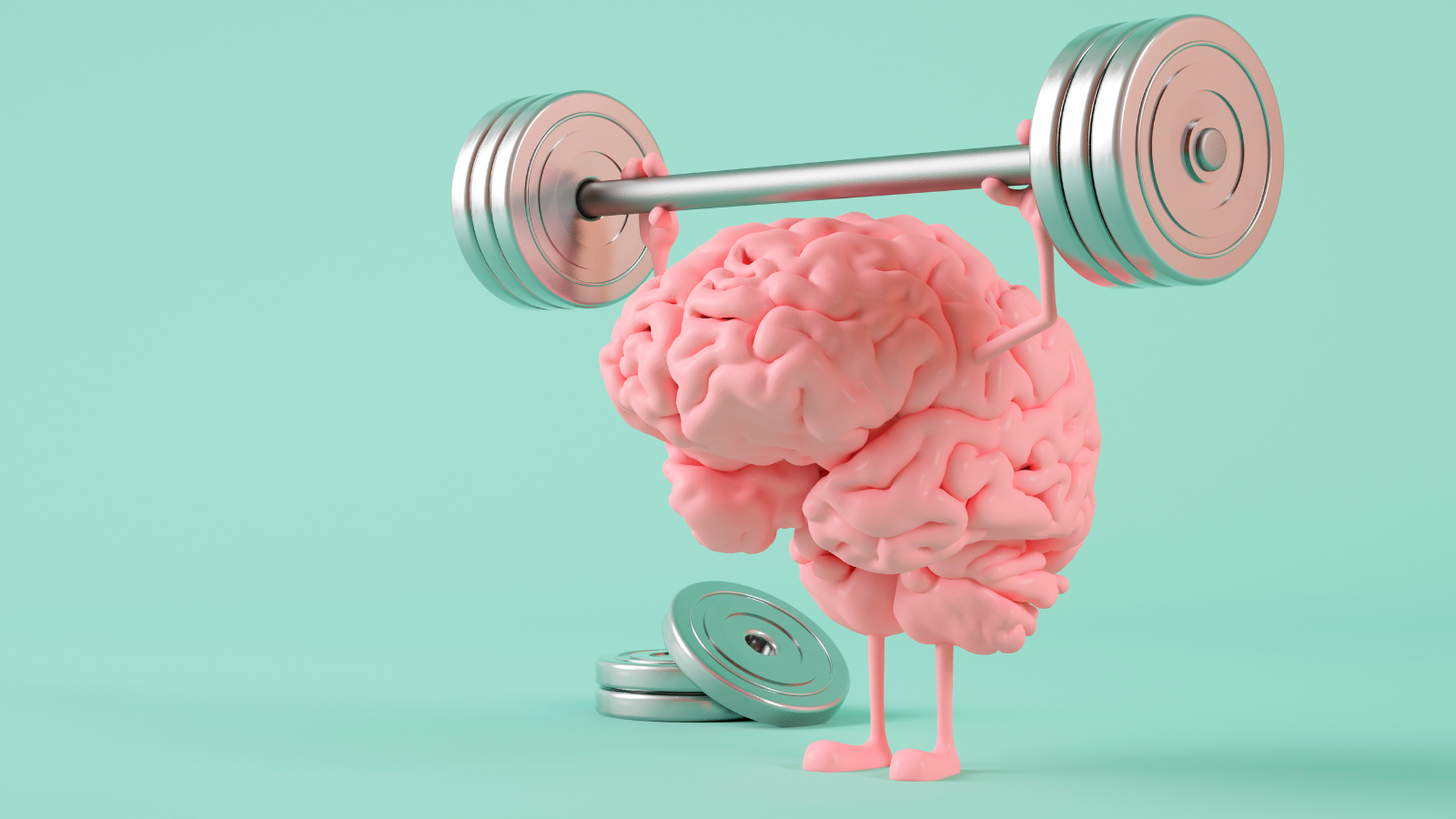
The often-repeated phrases “It’s OK to not be OK” and “Take time for yourself” can ring a little hollow as the global pandemic morphs from a public health emergency to a resigned reclassification as “normalcy.” A concerning 42% of workers worldwide feel burnout, a number that continues to rise, according to a recent survey by Slack’s Future Forum consortium.
Amid this general unease, journalists sip their own uniquely roasted blend of burnout, as they cover a 24-hour news cycle full of traumatic events and face existential threats of media layoffs and AI-generated content. Journalists from marginalized communities face even more challenges, as systemic inequity impacts their communities and their own career paths.
But we journalists do have a lifeline: Mental health professionals are a crucial source of guidance, whether for medical treatment, developing a self-care plan or giving overall advice. Rather than disregard mental health unless there’s an issue, Dr. Sue Varma, a psychiatrist at the NYU Langone Medical Center, wants us to adopt good habits to boost our “emotional immune system.”
NBCU Academy spoke with Varma to get some “mild hacks” for overall mental wellness. Our conversation has been edited for length and clarity.

How can we become more aware of our mental health?
We think of health as absence of illness. People seek help when they think something is broken or beyond repair. I want people to think of mental health as part of wellness, and illness is one part of that spectrum. We can’t take “I am fine” for granted until something is not fine.
That’s where awareness comes in. Waking up, ask yourself, “How am I feeling? Let me check in with myself.” Make it a priority.
What are some of the triggers that tend to bring your mood down? I’ll give you an example: If I catch a cold or the flu and I’m not able to be as productive as I normally am, I beat myself up and I feel really low. So for me, keeping my immune system boosted is really important. A patient I spoke to this morning, they feel off if they don’t carve out time for themselves, even a few hours for rest.
There’s a little bit of practice needed with understanding your body, your mind, your triggers and what coping skills you have available.
How can journalists learn to take a break from constant work and news updates?
Look at your screen time. Do you really need to be as plugged in as you are? I had someone ask me, “I feel like I have to make a choice: Do I choose happiness or do I choose being informed?” Look at the screen time and say “I’m done for the day,” instead of looking at more news and more screens.
Everybody knows that we’re not supposed to do screen time before bed. It’s not just the blue light, it’s also the information coming at you on your social media feed. Everyone’s successes and highlight reels are projected and magnified: somebody getting engaged, married, having a baby, moving to a new city, getting a fabulous job. Do you need to know all about what everyone is up to?
Speaking of bedtime, what role does sleep play in mental health, and how can we get better-quality sleep?
I look at sleep as a window into a person’s mental health. A lot of times people are so busy, their anxiety may not hit them until their head hits the pillow and then they’re having trouble falling asleep.
Good sleep hygiene begins in the morning. Your brain and body want exposure to daytime sunlight, to shut your melatonin off in the morning and boost your circadian rhythm. At some point before 10 a.m. or 11 a.m., get 15 minutes of sunlight outside. Walk the dog, have a cup of coffee outside, run out for a brisk walk, whatever works. There’s also evening exposure to sunlight, between 6 p.m. and 8 p.m. Sunlight at any point is just good for your mental health, period. But the morning sunlight shuts the melatonin down, so that it can rise properly at night.
Take a hot shower or bath a couple of hours before bedtime. Have a little snack that is serotonin-boosting: walnuts, banana, hot milk, cereal. These are just mild hacks.
Block off your sleep as if your life depends on it, because it does. I had worked 24-hour, 36-hour shifts without sleep as part of our medical training. When you haven’t slept for more than a day, it’s the equivalent of having your blood alcohol level above the legal limit, in terms of how mentally compromised you are. So value your sleep, seven to nine hours. I know that may not be realistic, but do what you can.
How can we become more comfortable talking about mental health?
Don’t wait for a crisis. I wish I had gone sooner to therapy — it’s such an important tool that you can use for life. Whether they’re telling you or not, a lot of people are doing therapy. Think of it as prevention, like, “I’ve had some things I’ve always wanted to talk about. Now might be a good time to beef up my coping skills and see if I have any blind spots.” It’s boosting your emotional immune system, so you can ride out whatever is going to be thrown at you.
The first days of the pandemic, I was working very closely with NBC and I saw how important mental health was to everyone. Not just for a news story — I was getting calls from producers, “I’m suffering. I’m struggling.” The pandemic mainstreamed mental health; it was no longer this special topic that we talked about once a year or five times a year. It was all day, every day, because people were struggling and they finally felt open to talk about it.
Just share: “I’m having a really hard time. Do you have a few minutes to listen? What do you suggest?” We can ask our friends for the best recommendations of restaurants, hair stylists, movies, books. Why can’t we ask them for the best recommendation for a therapist?
How do we help others better understand mental illness and erase the stigma?
There aren’t two buckets of people, those who are successful and those who have mental illness. The people who are successful are ALSO people who struggle. If we can show people that, I think that normalizes the conversation.
People in our families may not understand mental illness. Say to them, “I’m not being a difficult person. I can’t get out of bed because I’m feeling so bad and it’s a medical illness.” Get them to watch documentaries or YouTube videos about what mental illness is. Continue to have this conversation, and also understand that some of it is generational or cultural. You’re not going to be able to change some people’s minds, and that’s OK. Maybe they’re not going to be the person that you open up to, but you can still seek the help that you need.
For help with mental illness, visit NIMH.NIH.gov or call the 988 Suicide & Crisis Lifeline.



